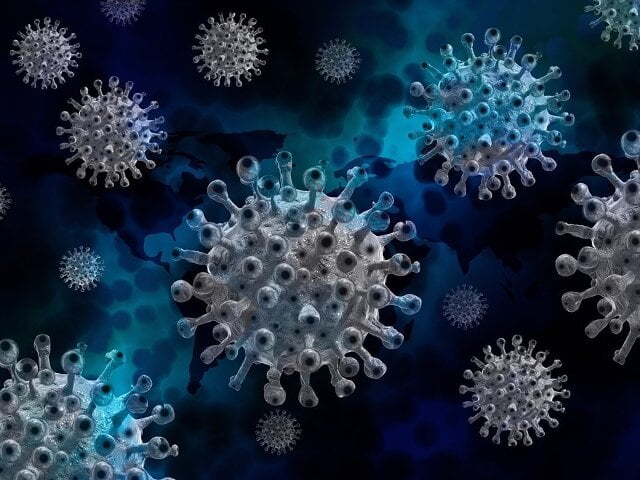Dr Dominik Mertz, associate professor in the Division of Infectious Diseases at McMaster University and medical director of infection prevention and control at Hamilton Health Sciences, joins Dr Roman Jaeschke to discuss the current coronavirus disease 2019 (COVID-19) situation, prevention, and treatment options in Ontario.
stan: lipiec 2022
Roman Jaeschke, MD, MSc: Good afternoon, welcome to another edition of McMaster Perspective. I would like to introduce Professor Dominik Mertz, who is the director of Infectious Diseases division in the Department of Medicine at McMaster University. What I would like to talk about is something we are all struggling with, which is changing ideas, changing recommendations, and changing patterns of using masks. I will phrase my question carefully—I will not ask what we have to do [about that], but I will ask: what is your opinion, Professor Mertz, about what we should do these days?
Dominik Mertz, MD, MSc: The overarching advice I always make is [to] follow the public health requirements. So, first of all, make sure that you comply with what the government or public health [authority] asks you to do. Now, the opinions whether that’s the right or wrong approach vary a lot; [there are] people out there who would say, “[Wear] masks every time, any time, regardless of epidemiology,” etc, and yet you have others who would say, “Masks don’t work at all. There’s never a role for them.” And in my mind, the truth is somewhere in between, which makes it, from a policy position perspective, such a difficult topic, right? Because (a) it’s been politicized, (b) there are very strong opinions out there. And then, navigating through that, you never make everyone happy. I think that’s what we’ve been seeing. For me personally, I think in the current situation having a recommendation to mask for those who want to mask makes absolutely sense in health care. With patient contact, I’m fully supportive of the mandate at this point, acknowledging that many European countries have stopped [using masks] in health care as well, and they seem to be doing okay from an outbreak perspective. So to me, there’s still a lot of uncertainty there [as to] what the way forward will be. But I think, again, the current approach where we treat highest-risk settings differently than the public at large makes sense.
Roman Jaeschke: So, these would be health-care facilities like hospitals, but also long-term facilities with a lot of elderly, theoretically vulnerable, people. If I hear correctly, you would be on the side of recommending a graded approach, depending on your risk of acquiring it due to your personal characteristics as well as social characteristics of the milieu you are operating in. Would that be fair at the moment?
Dominik Mertz: The milieu and the epidemiologic situation at large. So, the most benefit from any intervention you get is when there’s a huge COVID-19 pressure out there, while there’s a minimal effect when there’s little pressure or few incidents, and I think that needs to be taken into consideration as well and should also result in sort of a graded level of recommendation, in my mind.
Roman Jaeschke: Maybe we can then talk about what’s currently happening in Canada or even in Ontario, because all those recommendations are made in the setting of epidemiological pressure. Where are we these days? It’s July 7th [2022], by the way.
Dominik Mertz: By July 7th we are past an odd year from the last Omicron wave. We see things picking up again, the BA.5 [variant] taking over, similar to what we’ve seen happening before in many European countries as well. The big question at this point is how far up this will go in a setting where (a) it’s summer, which comes to our benefit with more outdoor than indoor activities and so on. It’s not the preferred season, I would say, for COVID-19, but nevertheless, obviously it can spread, (b) we do have—nonperfect, but we still have—a lot of population immunity from having gone through 2 quite major Omicron waves, so that should help us. But the BA.5 will be more easily transmittable, first and foremost, because of the level of immune escape it has —despite the fact that we have a lot of vaccine immunity, we have a lot of additional immunity from recent infections from Omicron. And that’s what we see now results in an increase in numbers, and it is to be determined how things will look like in a month or two from now, whether it will be something that only happens through summer and then goes back down, or whether this is sort of the start that will continue to build up into fall and winter.


















